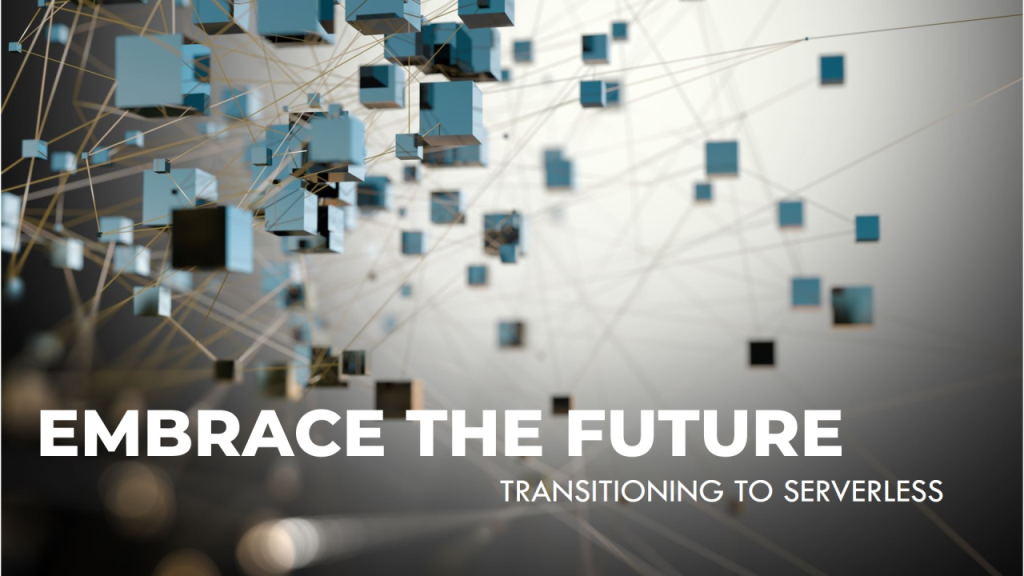The rapid advancement of Generative AI (GenAI) is transforming industries, and contact centers are no exception. From automating responses to personalizing customer interactions, GenAI offers unprecedented opportunities to enhance efficiency and customer satisfaction. However, these opportunities also come with a unique set of challenges, particularly around data security and privacy. As contact centers become more reliant on AI-driven solutions, organizations must adopt a robust strategy to safeguard sensitive data while leveraging the potential of GenAI.
The Role of Generative AI in Contact Centers
Generative AI, powered by large language models (LLMs), can analyze vast amounts of data, understand context, and generate human-like responses. In contact centers, this technology is being used for:
- Customer Support Automation: AI-driven chatbots and virtual agents handle routine queries, reducing response time and increasing availability. For example, a telecom company might use GenAI to automate troubleshooting for common issues like resetting routers or understanding billing details.
- Personalized Customer Experiences: GenAI can tailor responses based on customer history and preferences. Imagine a retail contact center leveraging AI to recommend products based on a customer’s purchase history or browsing behavior.
- Sentiment Analysis: AI tools help agents gauge customer sentiment and adapt their approach in real time. For instance, a bank’s contact center could detect frustration in a customer’s tone and prioritize escalation to a human agent.
- Agent Assistance: AI can summarize customer issues, suggest solutions, and streamline workflows for agents. For example, during a complex insurance claim call, AI can provide real-time policy details and claim history to the agent.
While these applications drive efficiency, they also introduce vulnerabilities, as they rely on access to large volumes of customer data.
Key Data Security Risks
The integration of GenAI in contact centers poses several data security risks:
- Data Breaches: Contact centers handle sensitive customer data, including personally identifiable information (PII) and financial details. A breach could expose this information to malicious actors. For instance, if an AI chatbot is compromised, attackers could gain access to customer account details shared during interactions.
- AI Model Vulnerabilities: Training GenAI models requires vast datasets, which may inadvertently include sensitive information. Improper handling of these datasets can lead to data leakage. For example, an improperly anonymized dataset used to train a language model might still allow reverse engineering of individual customer data.
- Misuse of AI Outputs: Generative AI can produce convincing but inaccurate or misleading information, potentially leading to fraud or reputational damage. Imagine an AI misinterpreting a customer query about a refund and issuing incorrect advice, leading to customer dissatisfaction.
- Regulatory Non-Compliance: Contact centers must adhere to data protection regulations such as GDPR, CCPA, and HIPAA. Improper use of AI could result in compliance violations. For instance, failing to delete customer data after an interaction could lead to regulatory penalties.
Strategies for Securing Data in AI-Powered Contact Centers
To mitigate these risks, organizations must implement a multi-faceted approach to data security:
1. Data Minimization and Encryption
Limit the data collected and processed by GenAI systems to only what is strictly necessary. Use strong encryption protocols for data in transit and at rest to protect sensitive information. For example, a healthcare contact center using AI should only store anonymized patient data to assist with scheduling appointments.
2. AI Model Training with Privacy in Mind
Adopt privacy-preserving techniques, such as:
- Federated Learning: Train models locally on edge devices rather than centralizing data. For example, a banking app could use federated learning to train AI on customer feedback without transferring raw data to a central server.
- Differential Privacy: Introduce noise into datasets to prevent the identification of individual data points. For instance, a retail contact center could ensure that sales data used to train AI is aggregated and anonymized to protect customer identities.
3. Access Controls and Monitoring
Implement role-based access controls to ensure that only authorized personnel can access sensitive data. Use monitoring tools to track and log access to AI systems and data. For example, an e-commerce contact center could restrict access to customer payment information to a limited group of employees.
4. Regular Audits and Compliance Checks
Conduct regular security audits to identify vulnerabilities in AI systems. Ensure compliance with applicable regulations through continuous monitoring and updating of policies. For example, a multinational contact center could conduct quarterly audits to ensure adherence to GDPR in Europe and CCPA in California
5. Explainability and Human Oversight
AI models should be transparent and explainable, enabling organizations to understand how decisions are made. Maintain a level of human oversight to verify AI outputs, especially in high-stakes interactions. For instance, a financial services contact center could require agents to review AI-suggested loan approvals before finalizing them.
6. Vendor and Third-Party Risk Management
If partnering with external vendors for AI solutions, conduct thorough due diligence to ensure they meet your organization’s security standards. Include data protection clauses in contracts and regularly review vendor compliance. For example, a contact center outsourcing its AI chatbot development should assess the vendor’s encryption and data handling practices.
Balancing Innovation and Security
The adoption of GenAI in contact centers is a balancing act between innovation and security. While the technology has the potential to revolutionize customer interactions, organizations must remain vigilant to protect customer trust. By prioritizing data security and adhering to regulatory requirements, contact centers can harness the power of Generative AI while safeguarding sensitive information.
For instance, a travel booking contact center can use GenAI to personalize itineraries for customers while encrypting sensitive payment and travel data. This ensures customer satisfaction without compromising data integrity.
As the landscape of AI evolves, so too must the strategies for managing its risks. By fostering a culture of security and accountability, contact centers can ensure that their adoption of GenAI delivers value without compromising on data integrity and privacy.

Author
Prashant Muley | Vice President of Engineering
at GS Lab | GAVS
Prashant Muley is the Vice President of Engineering at GS Lab | GAVS, based in Pune, Maharashtra, India. With over 20 years of experience, he has a strong background in Multimedia (Communication & Collaboration), Embedded Systems, IoT, and Engineering Management. Prashant currently leads the CCME (Communication, Collaboration, Media & Entertainment) business unit at GS Lab | GAVS, where he oversees strategic initiatives and engineering operations.




